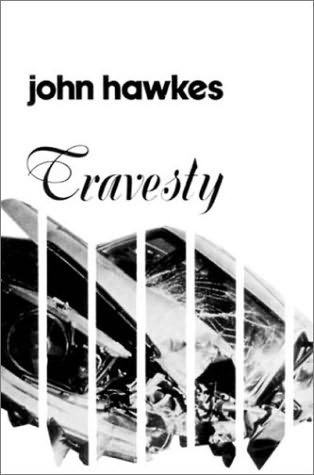
I'm tracking something not mine. Like when I told Ken Moffett that I couldn't paint strength because I had no strong marks that felt like mine. They were all borrowed.
A veil of quiet is all over from the studio and best to keep it and to borrow:
(Didn't want death anywhere near the paintings. Its mention-- with prefix-- in my artist statement makes my asshole close.)
Not mine yet. But then again, when redemption first came up in painting I was priest, paintings were flock, and no sheep un-redeemable(driving on 12th avenue in Vancouver at night, either with Jesse or wanting to tell him or wishing he was the one with me).
"Form in art necessarily is an exertion toward the elimination of fortuitousness and accident and randomness and athwartness, all of that which we may call liveliness-- life being that which doesn't hold still and is recalcitrant to final composure"
""He is a satirist and he is, in a special and restricted sense, an artist, a maker of compositions. The strategies of composition are to be imposed on the deadly chaos of what we may call the facts of life. But Hawkes is also exceedingly stringent in his perceptions, and he will not either reduce the difficulties of the enterprise or meliorate the paradox. The fact is that the strategies of composition never really work-- with the result, for form, by the way, that these intensely composed fictions remain at the quite open-ended and provisional, no less than in the novels, let us say, of Saul Bellow. The dynamic of Hawkes' fictions is this: aesthetic form-- which is to say, art-- is set forth to subdue nightmare randomness, and succeeds only to the point of the contingency of the next and inevitable eruption of that randomness. The stakes are these: art finally implies death, but so does the violence of our lives. And there is a paradigm here: society itself, or history itself, is the deathly imposition of harmonies on human will (the source of which, according to Schopenhauer, is the genitals), on that human willfulness which lacking ht deathly imposition of harmonies commits murders"
From: The Satyr At The Head Of The Mob by Marcus Klein
Published in: A John Hawkes Symposium: Design and Debris. NDP446
PS. There will be a second part to this post tomorrow. I left "Helping Verbs of The Heart" by Peter Esterhazy at the laundromat, and am not one to remember quotes verbatim.
2 comments:
it’s funny- why are all my correspondences to you of late starting with this phrase? - but last night, in the middle of a stack of readings about relational aesthetics, the thought popped into my head:
“wil wouldn’t paint if he didn’t believe in redemption”
(actually a much delayed response to a conversation had with jesse a couple weeks ago- I am always too late, all spirit of the stairway.)
and i don’t know what to make of it yet.
maybe connected to a thought that bubbled up later in the night:
"being a postmodern art historian/critic/curator is like waking up with a pounding headache and clement greenberg in your bed.
’oh, no.’
so you finally manage to trundle him out, then call an emergency brunch with your girls, during which you analyze in obsessive detail the events of the previous night.
you get home and realize he totally left his homburg at your place (like, probably totally on purpose).
and as much as you try to pretend like "this one doesn't count," beer goggles aren't to blame; you saw something there, or you were looking for something.
standing in the middle of your bedroom, homburg in one hand and phone number scrawled on a cocktail napkin in the other; so do you call him or don't you?"
so, yeah.
Your analogy makes me think of exactly what i was talking with about my first foray into redemption and painting.
You tell it now as the girl, but maybe you're Greenberg or the Homburg or the bed. Likely you're the writer.
As for "wouldn't paint if...". I have a hard time with supposing anything involving not painting. I paint and believe in redemption and struggle in both.
Post a Comment